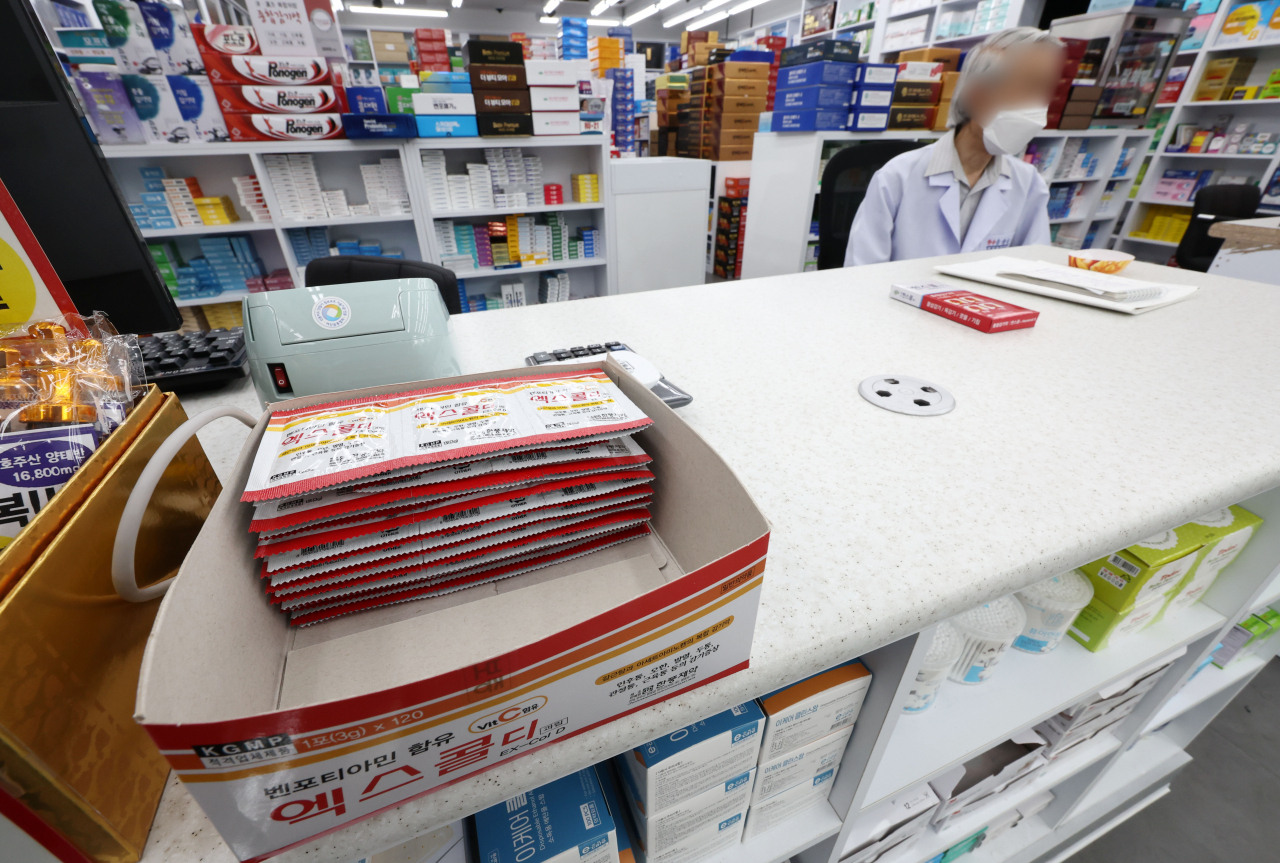New infections more than double in week to nearly 27,000
By YonhapPublished : July 18, 2022 - 11:22

South Korea's new coronavirus cases more than doubled Monday from a week earlier amid a resurgence of infections and the fast spread of a highly contagious new omicron subvariant.
The country reported 26,299 new COVID-19 infections, including 319 from overseas, bringing the total caseload to 18,788,056, the Korea Disease Control and Prevention Agency (KDCA) said.
Monday's figure fell from 41,310 cases Saturday and 40,342 on Sunday, but it more than doubled from 12,681 cases logged a week earlier due to the highly contagious omicron subvariant BA.5.
South Korea has seen a marked increase in infections from end-June amid eased virus curbs.
The daily count hit over 10,000 on June 29 for the first time in about three weeks before jumping to over 20,000 on July 9 and then above 40,000 on Wednesday.
The KDCA reported 11 deaths from the virus Monday, putting the death toll at 24,753. The fatality rate stood at 0.13 percent.
The number of critically ill patients was 81, up from the previous day's 71.
Health authorities said the country has entered a new virus wave, ending a downward trend from the peak of more than 620,000 in mid-March, and that the daily infections could surge to over 200,000 next month.
To tackle the pandemic, the government on Monday began allowing fourth COVID-19 vaccine shots for people aged 50 and older, as well as people aged 18 and older who have underlying health conditions.
Previously, people aged 60 and older and people who have an immune disorder were eligible for the fourth vaccine dose.
The move comes as the nation is facing another resurgence of the virus, driven by the highly contagious mutation of the omicron strain BA.5, which is known to be more contagious and better able to escape immunity compared with earlier versions.
By the end of this month, the government plans to expand the number of "one-stop" COVID-19 treatment centers, where people can take virus tests, get in-person medical care services and receive antiviral drugs, to 10,000 from the current 6,338.
The BA.5 subvariant accounted for 35 percent of the country's total COVID-19 cases in the second week of July, up from 28 percent a week earlier, the KDCA said. (Yonhap)









![[Kim Seong-kon] Democracy and the future of South Korea](http://res.heraldm.com/phpwas/restmb_idxmake.php?idx=644&simg=/content/image/2024/04/16/20240416050802_0.jpg&u=)








![[KH Explains] Hyundai's full hybrid edge to pay off amid slow transition to pure EVs](http://res.heraldm.com/phpwas/restmb_idxmake.php?idx=652&simg=/content/image/2024/04/18/20240418050645_0.jpg&u=20240418181020)

![[Today’s K-pop] Zico drops snippet of collaboration with Jennie](http://res.heraldm.com/phpwas/restmb_idxmake.php?idx=642&simg=/content/image/2024/04/18/20240418050702_0.jpg&u=)